
Introduction
There is no known substantial evidence that proves that growing pains is linking directly to the growth of the bones. Experts put it down to simply the general climbing, jumping and running that takes place each day in a child’s life.The Signs and Symptoms of Growing Pains in Children
Usually you will notice that the site of the pains is in the area of a muscle rather than on a joint. You will also notice that children will say that it is their calves, front of their thighs, and behind their knees that cause them the discomfort. If there is a pain in a joint that is not due to simple growing pains, it is normally coupled with swelling, tenderness, and discoloration. Most of the time the child will complain of the growing pain in the later part of the day and it can wake some children up in the middle of the night.
Diagnosing and Helping With Growing Pains
An easy tale tell sign of growing pains is an easy test to take. If a child is suffering with pain due to a medical disease of some sort then they less likely want to be touched. However, children who are suffering from growing pains generally want to be massaged and cuddled. The doctor will always rule out other more serious conditions and narrow down the list prior to coming to the diagnosis of growing pains. Most of the time a run through of the family history will suffice and in some cases the doctor may continue to do a blood test and even an x-ray. To assist your child with the pain you can try massaging the sore area for them and help them to do adequate stretches each day. A heated pad may offer some relief as well as perhaps an ibuprofen but speak to your doctor first.



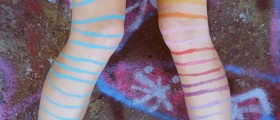
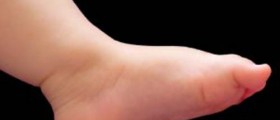


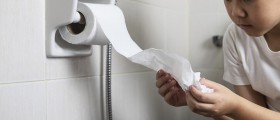
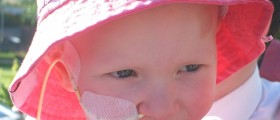

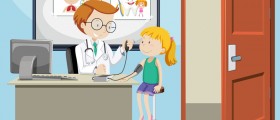


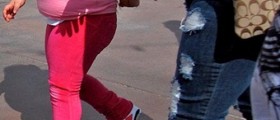
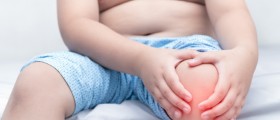


Your thoughts on this
Loading...